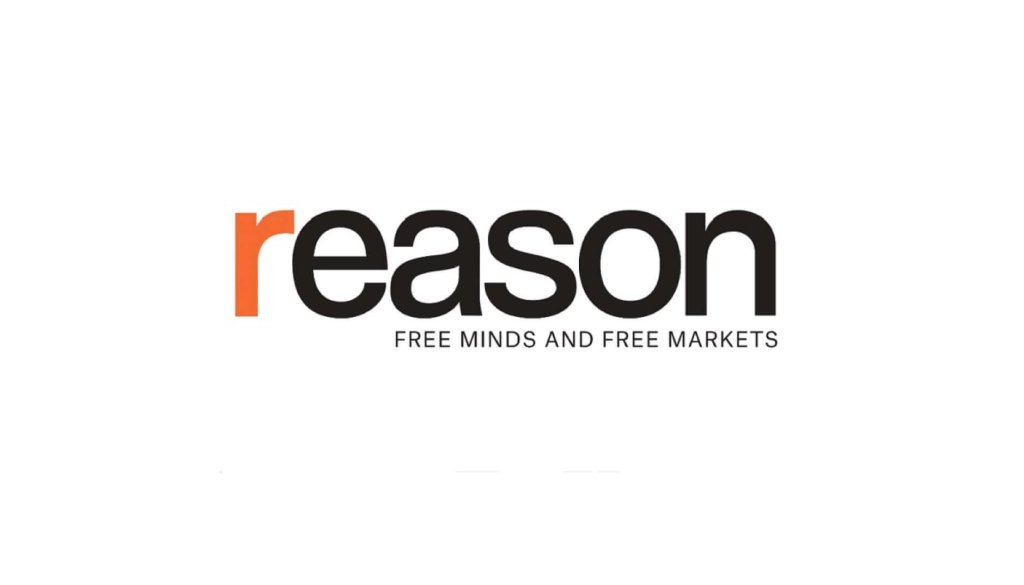An Interview with Judge James C. Ho
Q: Judge Amul Thapar of the Sixth Circuit recently criticized the law clerk hiring boycott that you and others launched earlier this year against Columbia. Judge Kevin Newsom of the Eleventh Circuit made similar criticisms on a podcast hosted by The Dispatch. On the other hand, Judge Matthew Solomson of the Court of Federal Claims has been quite vocal in defending your efforts, including an extended interview with me here. Other than joining the judges’ letter, I don’t think you’ve said anything publicly about Columbia to date. Would you like to say anything here, just as Judge Solomson did?
Sure, but let me start by explaining why I haven’t been speaking about the boycott. I gave my speech about Yale in 2022, and about Stanford in 2023. At that time, Judge Solomson publicly stated that he didn’t agree with the boycott. Then, earlier this year, as conditions at Columbia worsened following October 7, he called me out of the blue and asked if I would consider extending the boycott to Columbia. I responded that, if he wanted to lead such an effort, of course I would support him.
I’ve been very happy for Judge Solomson to take the lead. He has demonstrated inspiring leadership. There’s absolutely nothing wrong with people changing their minds. Indeed, I applaud and admire him for doing it—just as I deeply admire Judge Lisa Branch of the Eleventh Circuit for being the first to jump in. I sincerely hope others will do the same.
It’s in that spirit that I wish to warmly welcome Judge Thapar to the conversation. He’s made clear that it’s absolutely appropriate for judges to be troubled about what’s happening on campus, and to want to do something about it. We’re just negotiating over terms at this point.
He proposes to have donors and legislators do the heavy lifting of divesting from intolerant institutions. I’m delighted, of course, for any citizen to take action to protect our country against the bigotry and intolerance being spread by certain institutions.
What I’m not interested in doing, however, is passing the buck. Why shouldn’t judges stand up and take responsibility as well? Why can’t we do both?
My colleagues say they worry about the impact of a boycott on individual law students. I’ll confess that I have never understood this argument. Because it’s a losing attitude. We should have a winning attitude. If we only focus on losses if a boycott fails, then no one would ever boycott. That’s not how rational people make decisions. Rational people look at the benefits of success as well as the costs of failure. They also consider the probability of success vs. failure. As I tell my law clerks, there are two types of people in the legal profession—fighters and climbers. Fighters always assume that we have a chance to win. And smart fighters make rational, intelligent decisions about when to fight.
So imagine this: If a dozen or two dozen federal circuit judges all took this action, how would these schools respond? Would they say, well, that’s okay, our students will just go to law firms, they’ll find other places to work. Or will they care about clerkships?
I’d submit that it should cost essentially nothing to take this action. Enough of us would have a major impact. Schools would stop the intolerance to regain the prestige. And there would be no cost to anyone as a result. Indeed, Lisa and I have both heard from a number of folks—at Yale and elsewhere—who say that just the two of us have made a meaningful impact.
For many years, Justice Brennan hired exclusively from Harvard. Then he boycotted Harvard (for far less publicly spirited reasons—e.g., he didn’t like how Harvard professors treated him and his work). After boycotting for three years, he eventually got what he wanted from Harvard (public display
Article from Latest

The Reason Magazine website is a go-to destination for libertarians seeking cogent analysis, investigative reporting, and thought-provoking commentary. Championing the principles of individual freedom, limited government, and free markets, the site offers a diverse range of articles, videos, and podcasts that challenge conventional wisdom and advocate for libertarian solutions. Whether you’re interested in politics, culture, or technology, Reason provides a unique lens that prioritizes liberty and rational discourse. It’s an essential resource for those who value critical thinking and nuanced debate in the pursuit of a freer society.




